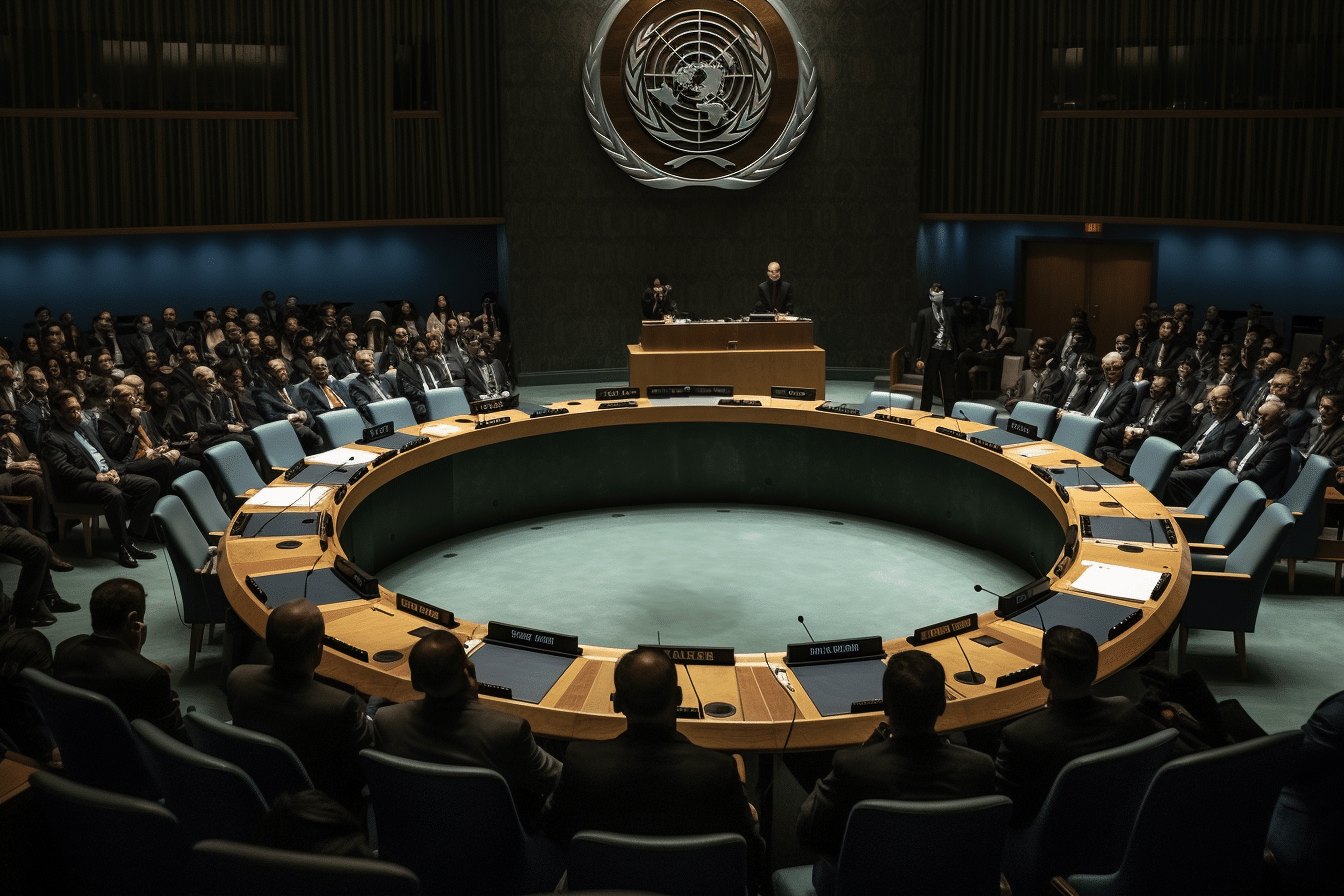
In a momentous decision, the United States vetoed a United Nations resolution on Wednesday that aimed to condemn all violence against civilians in the ongoing Israel-Hamas war. The resolution, which also called for urgent humanitarian aid to Palestinians in Gaza, was vetoed by the U.S., arguing that it was too soon to develop an appropriate Security Council response to the crisis. U.S. Ambassador Linda Thomas-Greenfield emphasized the necessity for allowing ongoing diplomatic efforts, including those led by President Joe Biden, to take their course before proceeding with a council response. She also criticized the resolution for not upholding Israel’s right to self-defence.
In her statement, Thomas-Greenfield underscored the importance of diplomacy, saying, “We need to let that diplomacy play out.” She added, “The Security Council must speak out, but should be informed by facts on the ground and support direct diplomacy efforts that can save lives — the council needs to get this right.” It was evident that the U.S. was not satisfied with the resolution’s lack of acknowledgment of Israel’s right to defend itself, particularly in light of the recent attacks by Hamas that resulted in substantial casualties.
The resolution, sponsored by Brazil, garnered widespread support, with 12 votes in favour of it from the 15-member Security Council, and only the U.S. opposing it, while Russia and Britain abstained. Despite the support, the U.S. veto halted the resolution’s potential impact.
The United States’ decision to veto the United Nations resolution condemning violence in the Israel-Hamas war reveals the complex dynamics and tensions that underpin the global response to this crisis. The U.S.’s stance highlights the importance of direct diplomacy and a clear defence of Israel’s rights while revealing the potential limitations and challenges of achieving a unified international approach to addressing the conflict. As the situation evolves, the world waits to see how diplomatic efforts and international relations will shape the events in this deeply troubled region.
